My insanely weird short story “Outside the Box” is featured in the most recent anthology from SCARS Publication. Apparently they liked it, since they named the entire collection after it.
It’s written in the first person, very unusual for me. I’m not sure why but I typically feel more comfortable writing in the third person.
I can’t say what inspired it. I’m not using hallucinogenic drugs. As it says on the back cover of my book on life here in Japan, which will be out early next year, I feel like I’m living in a fairy tale. Other than the complete disintegration of my homeland, the prospects that climate change will make the Earth uninhabitable, the class warfare being waged on the vast majority of us by the sociopathic ultra-wealthy — which apparently now even includes mass extermination to “cull the herd” — and what is increasingly looking more than likely, the annihilation of all life on the planet via a nuclear war, I’m as happy as a butterfly in spring on Bora Bora.
Here’s the real skinny on “Outside The Box” . . .
This is how my brain sometimes works. I make no excuses, offer no apologies, and certainly lose no sleep.
Celebrate it, condemn it, put out a call for intervention or institutionalization, whatever floats your boat . . . it’s what I do.
It’s what I like to do!
While I recommend you buy the anthology itself, if for no other reason than supporting independent publishers like this seems like a good idea and truth is there are some other great pieces in this collection, I’ll save you a few dollars. Yes, you can read my story below.
Have fun with it! Or skip it and go rollerblading. Your choice.
_____________________________________________________________
OUTSIDE THE BOX
I was surprised how
easy it was to find the grave, and that it was unguarded.
I dug up the body,
dragged it to just the right spot.
Then I kicked the
shit out of Hunter S. Thompson.
He didn’t stand a
chance. I punched, pounded, kicked, scratched, twisted his limbs, applying the
most excruciatingly painful wrestling moves.
I kept this up
until I literally fell over from exhaustion.
After resting a
while, I rolled Thompson back into the grave, then shoveled the dirt back over
him and left.
Of course, no one could know. And without it being public knowledge, I wasn’t sure exactly what advantage my cathartic corpse thrashing might achieve.
I guess I was
thinking more spiritually – you know, big picture.
And let’s face it.
We really don’t know how these things work. Sometimes we just have to let fly
and hope for the best.
I have always felt
a strong connection with Hunter S. Thompson. Especially when I was vomiting
from too much to drink.
But it was deeper
than just binge camaraderie.
I could feel his
giddy acid in my veins. I guess my arteries too. I can’t imagine him without a
sneer. And I can’t stop sneering.
So what was with
the need for my posthumous pugilism?
Simple. The old
bastard was becoming a thorn in my side. Holding me back. He was like having a
brother with elephantitus. Or a sister who fucked the whole football team.
I didn’t stand a
chance. My karma was like belly button lint in an ancient mummy.
People didn’t
ignore me. To ignore someone, you have to know they exist.
Luckily I figured
out exactly what had to be done.
I needed to settle
the score. Level the playing field. Credit where credit is due.
I needed to beat
the shit out of Hunter S. Thompson.
Think I’m crazy,
right?
Well, suck on this:
It worked!
It was like the
Beatles … the fall of the Berlin Wall … MTV … 911 … Trump.
Everything changed!
Well, for me
personally it did anyway.
I stopped at the
dry cleaners to pick up my laundry. A shirt and a beach towel. I gave the lady
a ten. She gave me change for a twenty. I kept it. Not my problem.
I noticed in my
rear view mirror I looked conspicuously more handsome than usual. Others
noticed too. A pretty girl, maybe mid-20s, pulled up next to me at a stop
light. She looked over, smiled, winked, then made a jacking-off motion with her
free hand. A come on. I just laughed. I would have loved to but too many STDs
around these days. Never know where something like a simple hand job might
lead.
Then I got a text
message. Aunt Elizabeth – poor old soul – finally kicked the bucket. We’d been
waiting forever. I already knew I had over $23,000 coming to me from the
long-past-her-expiration-date spinster. She’d been in the hospital for over a
year-and-a-half. What a relief!
The real
game-changers were in the inbox of my gmail account. I could see on my iPhone I
had messages but waited to read them on my computer at home.
Holy shit!
Three literary
agents were interested in my novel, 50
Shades of Pubic Hair. They even attached contracts to their messages.
Granted, I have
much better novels than this gratuitous piece of garbage. But you go with the
flow. Maybe a little commercial success would grease the skids for next year’s
Booker or maybe even Pulitzer.
I’ll skip all the
rest of the glory details for now. It’ll just make whoever is reading this
envious.
Besides, I’m
running a little late. I’m speaking tonight at the Washington Press Club comedy
roast of Julian Assange.
Never saw that
coming. But why not?
All thanks to you,
Hunter S. Thompson. And my taking charge of the situation.
Sorry about caving
in your eyeball socket. Not that it should matter.
You were never much
one for glamor and glitz.
Never a member of
the glitterati.
Me neither.

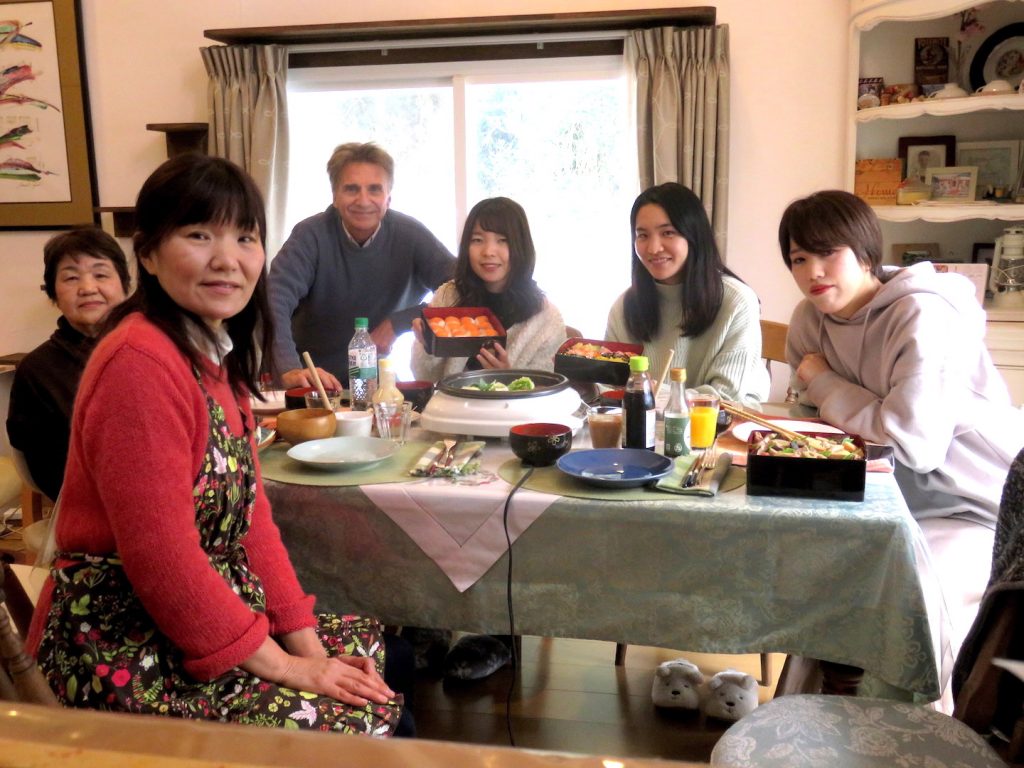



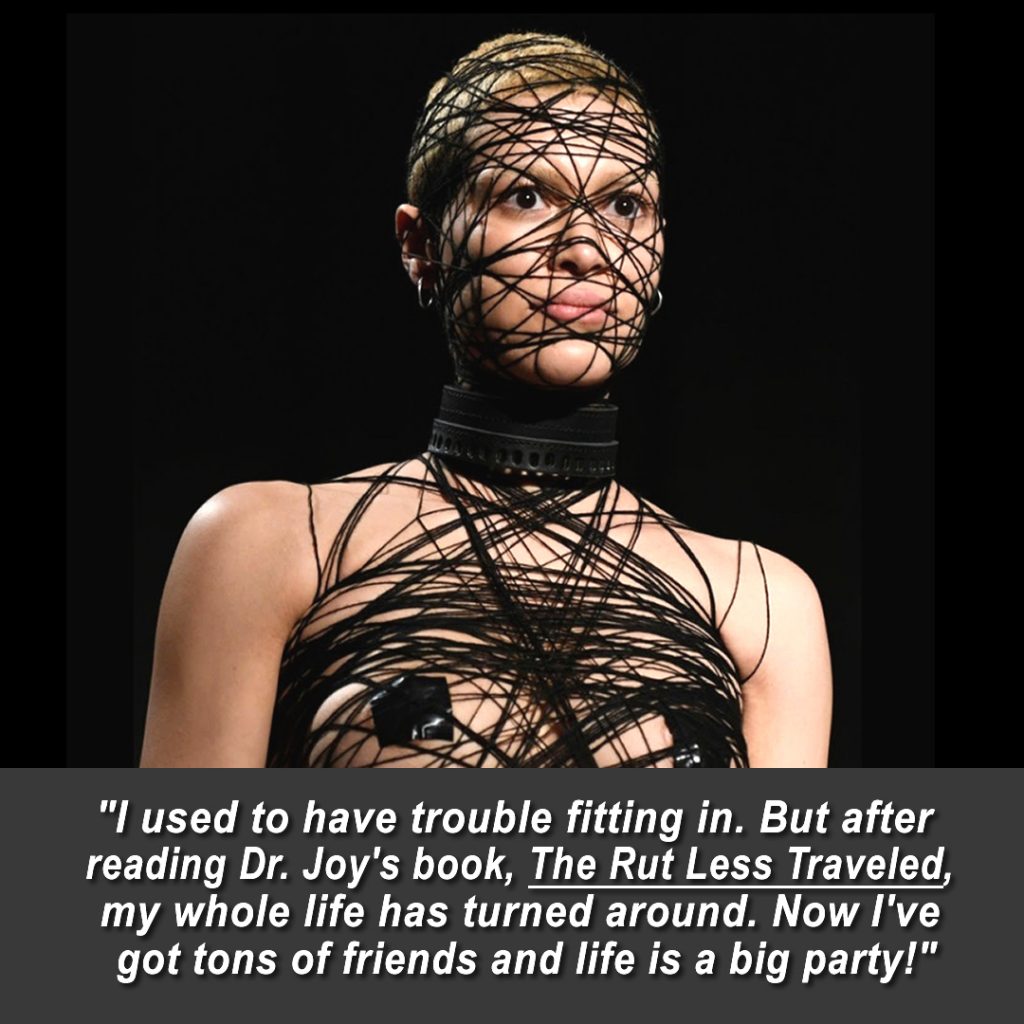



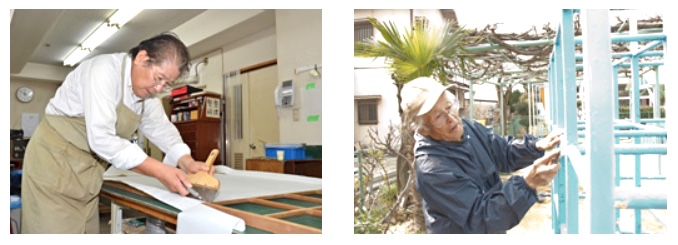
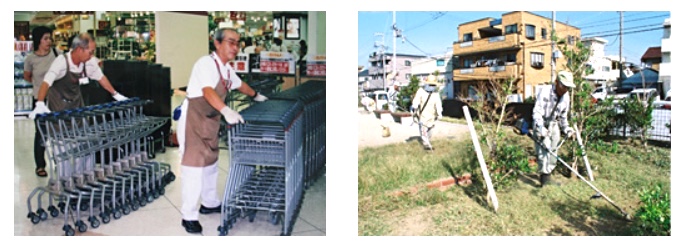

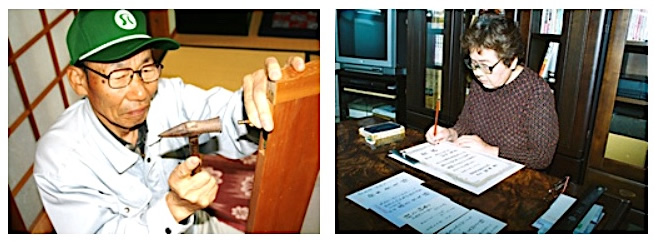






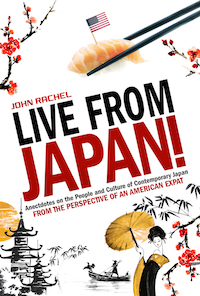


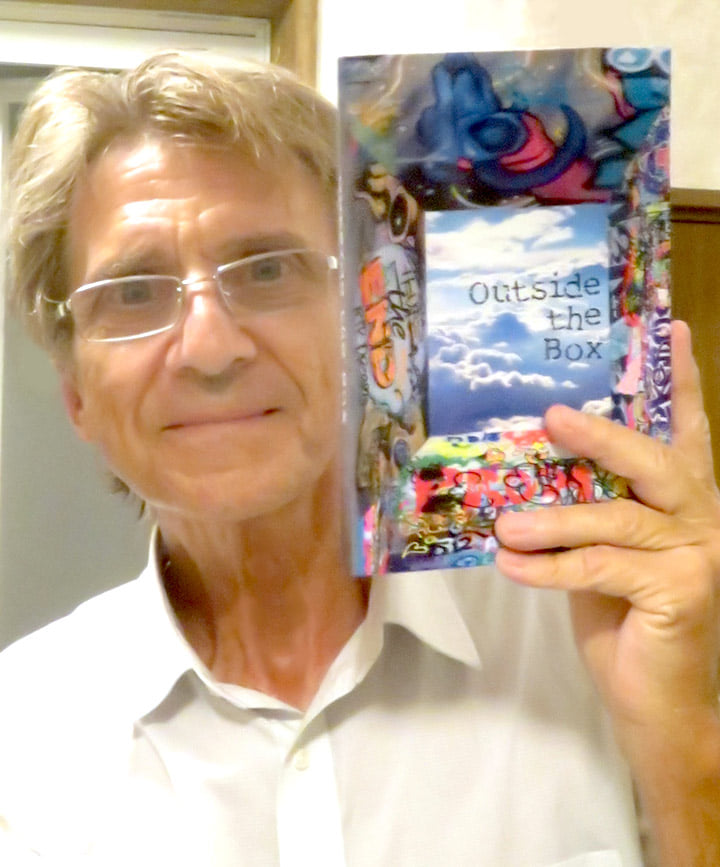









Life In Japan: Tondo Matsuri
Tondo Matsuri festivals are held all over Japan, the second weekend of the new year, at all levels. There are major festivals with thousands of people, as well as more modest local celebrations. The central feature of the Tondo Matsuri is a bonfire, much appreciated since it tends to be cold in January, thanks mostly to the sub-zero winds that blow our way from Siberia.
This year Tondo Matsuri was held on the same day as Coming of Age, a national holiday celebrating every person turning 20, a welcome to full adulthood. Thus most people had the day off from work, making attendance convenient. Of course, the coronavirus “crisis” is cautioning people across the globe against large gatherings, sneezing on one another, licking door handles and one another’s eating utensils, and the most notorious disease spreader of them all, French kissing.
My village of Noma here in Tambasasayama wasn’t daunted by the threat of viruses. We got together, and granted, our bonfire didn’t leap 20-30 meters into the sky, as is common practice the major festival sites, but we still managed some truly heartfelt camaraderie and warmed ourselves against the winter chill in splendid fashion. Our bonfire was next to Benten Shrine where many similar get-togethers take place.
Once the Tondo bonfire is going, there are two key rituals.
One is burning the decorations, talismans, rakes, arrows, amulets, wreaths, blessings, and other votive goods, from the previous year, to be replaced over the new year with new ones. Many of these are items bought from local shrines and temples to bring good fortune and health. They are tossed onto the fire. After they are incinerated, each family collects some of the ashes, which are then taken back home. These ashes are called shimenawa — しめ縄 — and are considered sources of good luck and positive developments for the coming year.
Very light paper banners, with sayings and wishes written in beautiful calligraphy, are thrown onto the fire as well. They instantly burst into flames, then are caught in the updraft of the bonfire, soaring heavenward as they turn to ash. This takes the messages they contain up up up, and makes them part of the invisible energy of the universe. While this probably is more just silly superstition than a serious spiritual exercise, it reminds me of the prayer wheels of Tibetan Buddhism, which in a parallel fashion send into the divine ether the thousands of prayers the wheels contain on scrolls hand-written by the monks, usually pleas for peace and harmony in the world.
The second ritual is cooking mochi — 餅 — by placing it near the fire. Mochi are rice cakes and there’s absolutely no equivalent to them in the West. When grilled, they are thick and gooey with a crispy exterior, and incredibly delicious, especially with sweet red bean soup or soy sauce.
Yes, the food is very unique here, for sure.
So . . . that was our Tondo Matsuri. There were no fireworks, parades, or 21-gun salutes. The Blue Angels aerial acrobatic team didn’t fly over. No sign of a marching band or baton twirling cheerleaders.
But we still had an outstanding time!
Did I mention? . . . I love Japan!